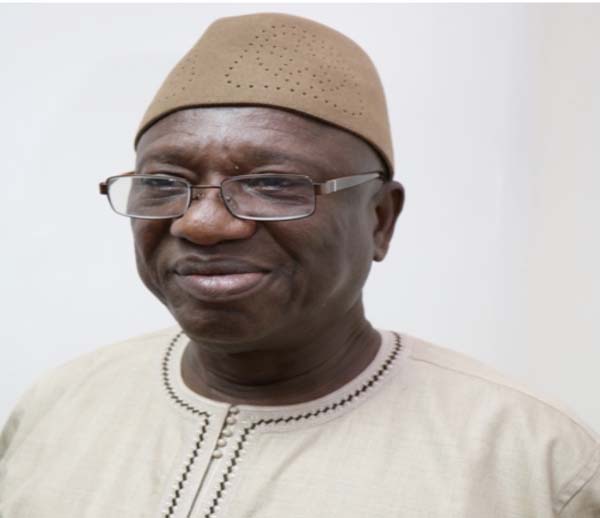
The
Gambia government has said that in spite of the resentment among some
commercial van drivers about the transport fare reduction, the new tariff will
be maintained and enforced.
“We
hereby reaffirm that there is no reason to turn back to the old tariffs,” the
government said through the Ministry of Transport, Works and
Infrastructure. “All transport unions /
associations and drivers are advised to abide by the new tariffs.”
The
government had announced reduction in all transport tariffs and fares,
effective yesterday, 21 August.
The
reduction was effected due to the decrease in the price of fuel and after
thorough consultations with relevant government stakeholders, transport unions
and associations.
Notwithstanding,
the new tariff has not been received well by a section of the drivers, mainly
the commercial van drivers and a handful of taxi drivers.
Musa
Manneh, a van driver, said the reduction of fares is not enough for the
government to reduced fares. He said
other things used in vehicles, especially spare parts, are still expensive.
Besides,
he said, the drivers are also working to take care of their families and
“everyone knows that rent, bag of rice and other things are very high”.
Alieu
Jallow, another van driver, asked why should the government force the commercial
drivers to reduce fares when the government transport company, the Gambia
Transport Services Company, still has the same fare.
“The
ferry ticket is also the same price up till now and the ferry also operates on
fuel and the price of fuel has gone down,” he said.
For
Ebrima Touray, a taxi driver, his problem was not with the actual fare
reduction per se but how it was done.
“They
say now we are in a democracy, why didn’t they consult the drivers first before
just coming to say they are reducing the fares because fuel prices have been
reduced,” he said. “Fuel is not the only
thing; spare part is very expensive in this country.”
Meanwhile,
the Ministry of Transport said the action of the drivers “is rather confusing”
as there was extensive consultation among all the relevant stakeholders,
including the Gambia National Transport Control Association, the Gambia
National Transport Union Congress, and the Gambia Trade Union Congress.
“Some
union leaders, who actively took part in the negotiations, are in fact
instigating the strike,” the ministry said while calling on the transport
unions and drivers to make the fare reduction a reality.
In
2008, 2011 and 2013, transport fares were increased in The Gambia primarily due
to fuel price increment.
Minister
of Transport, Bai Lamin Jobe, said since the last increment of fares, there has
been “significant reduction of 25 per cent” in the price of fuel and “the
government is committed in ensuring that the benefits of current price
reductions fully trickle down to the general public”.

